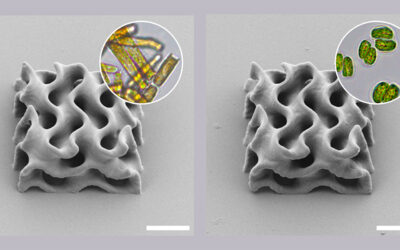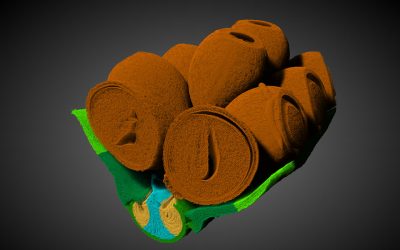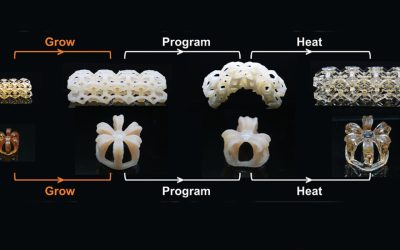Following a detailed appraisal, the Cologne district authority has granted Bayer MaterialScience a permit to build and operate a new high-tech facility for the production of the chemical TDI (toluene diisocyanate) at Chempark Dormagen. TDI is needed as a precursor for the manufacture of flexible polyurethane foams to make products such as high-quality foams for mattresses, chairs and car seats.
“We are delighted that the approval process has been successfully completed and we can press ahead with our construction work as planned,” says Dr. Joachim Wolff, who is the member of Bayer MaterialScience’s Executive Committee responsible for the Polyurethanes Business Unit. “This innovative high-tech process marks the start of safe and eco-friendly global-scale polyurethane production that makes the best possible use of energy and resources. Compared with a conventional plant with the same capacity, the new facility will reduce energy consumption by up to 60 percent and require as much as 80 percent less solvent. This will also give us a decisive competitive edge,” he adds.
With an annual capacity of 300,000 metric tons, the future plant is a key part of a long-term investment strategy at Bayer MaterialScience to turn its Dormagen site into a global technology center for the development and production of polyurethanes. The employees who will be working at the new TDI facility started their training last spring. They include 15 new employees who are working alongside staff at the current pilot plant and receiving intensive instruction.
Construction progress on schedule
The approval authorities gave the go-ahead for the provisional start of construction in February 2012. Since then, work at the giant construction site has been progressing in leaps and bounds. In November, for example, the construction team reached a key milestone when the TDI plant’s 90.5 metric ton distillation column – a cylindrical steel structure – arrived at Chempark by truck. “If progress on site continues at this pace, there is nothing standing in the way of us completing and commissioning the plant midway through 2014,” says Dr. Steffen Kühling, who is in charge of production and technology in the Polyurethanes Business Unit.
Site’s long-term future secure
The construction phase of the project will create between 500 and 1,500 additional jobs. Many contractors come from the region, such as the piping planning firm Keynes from Neuss and equipment manufacturers Quast and Dormagen-based APL. Later on, when the facility is up and running, companies from Dormagen and the surrounding area will be involved in maintenance, construction and repair work, plus the provision of technical services in the area around the new plant. The project also safeguards existing upstream and logistics jobs at the site. The same applies to numerous additional jobs associated with TDI production in the value-added chain in North Rhine-Westphalia and Germany.
Source: Bayer
















